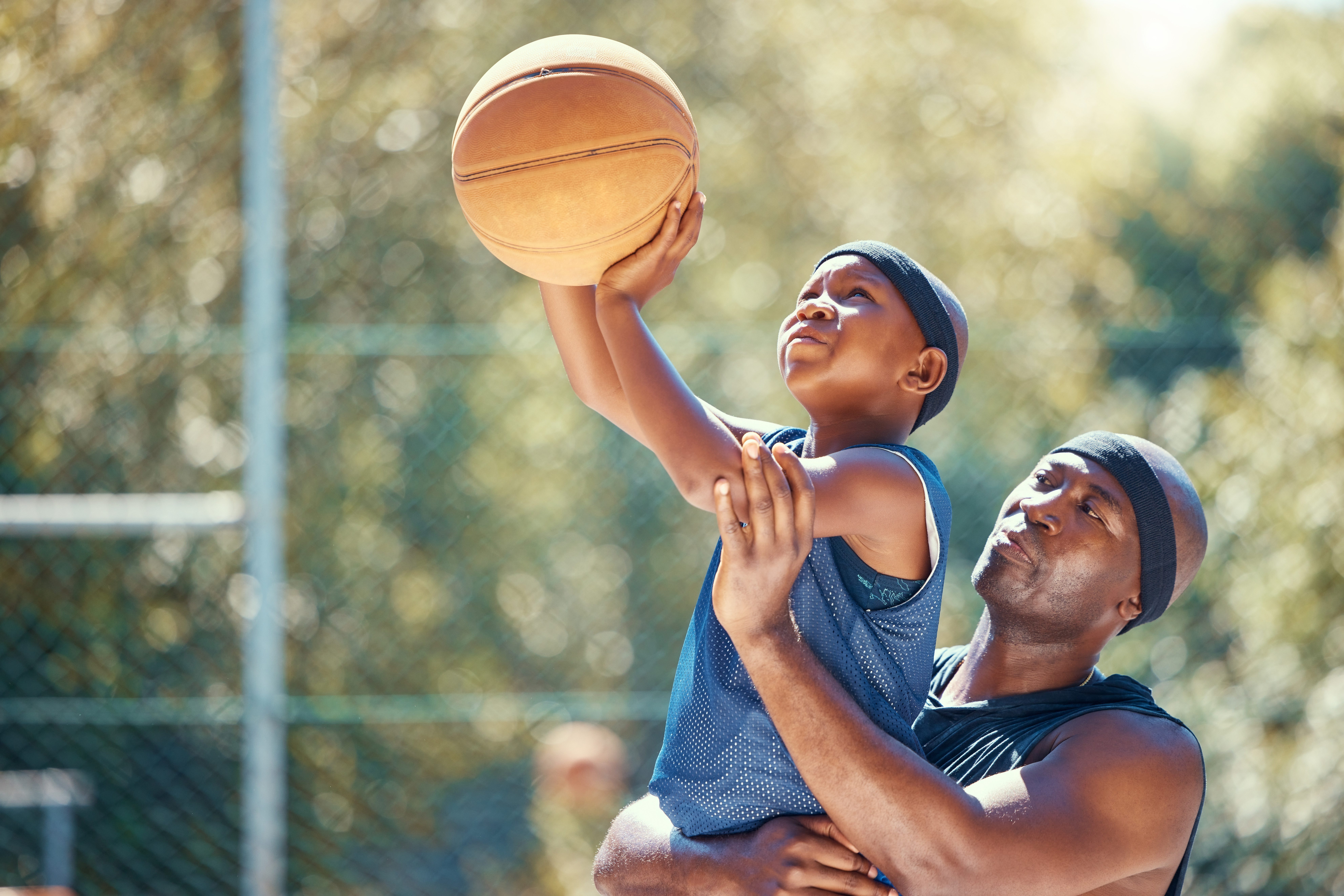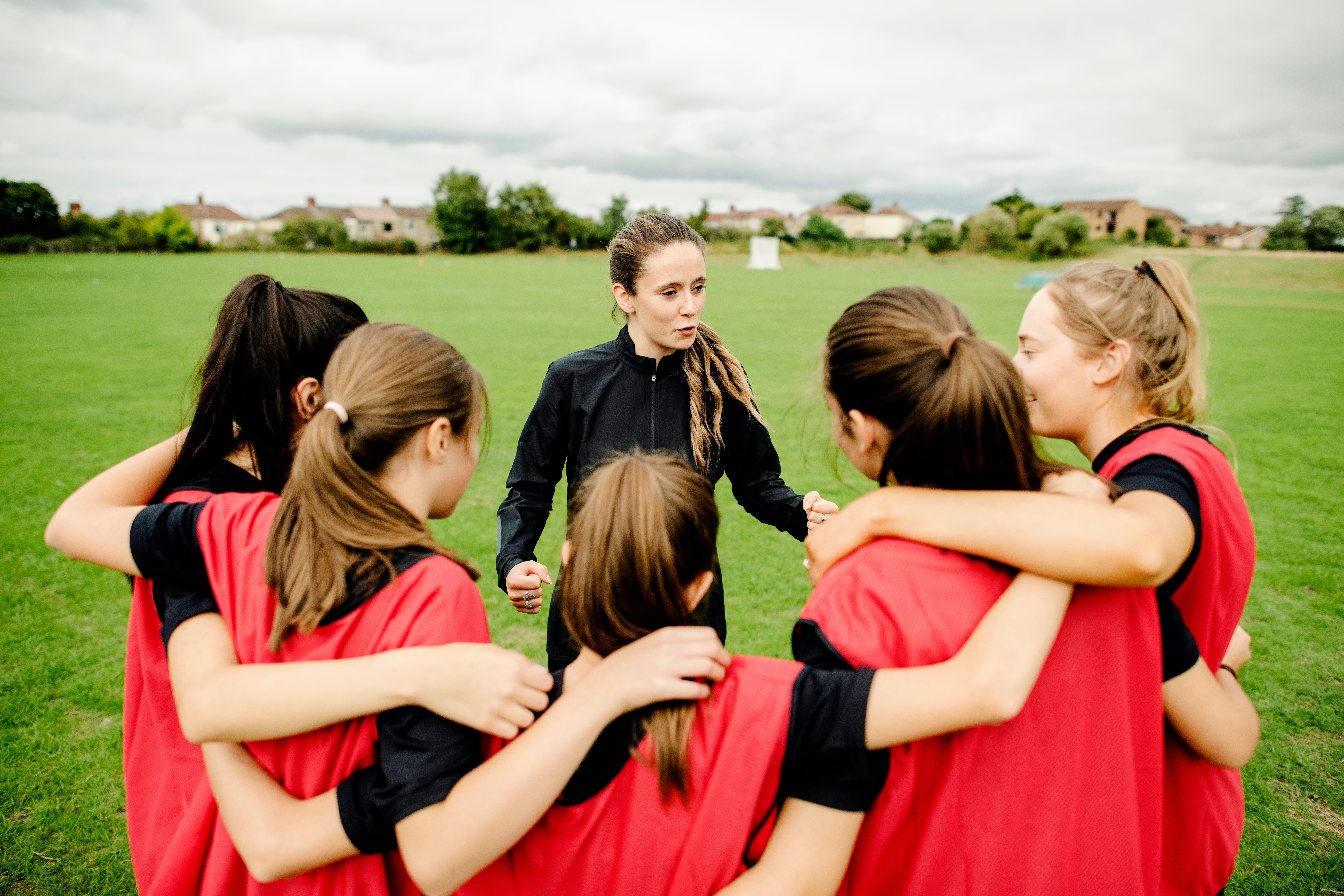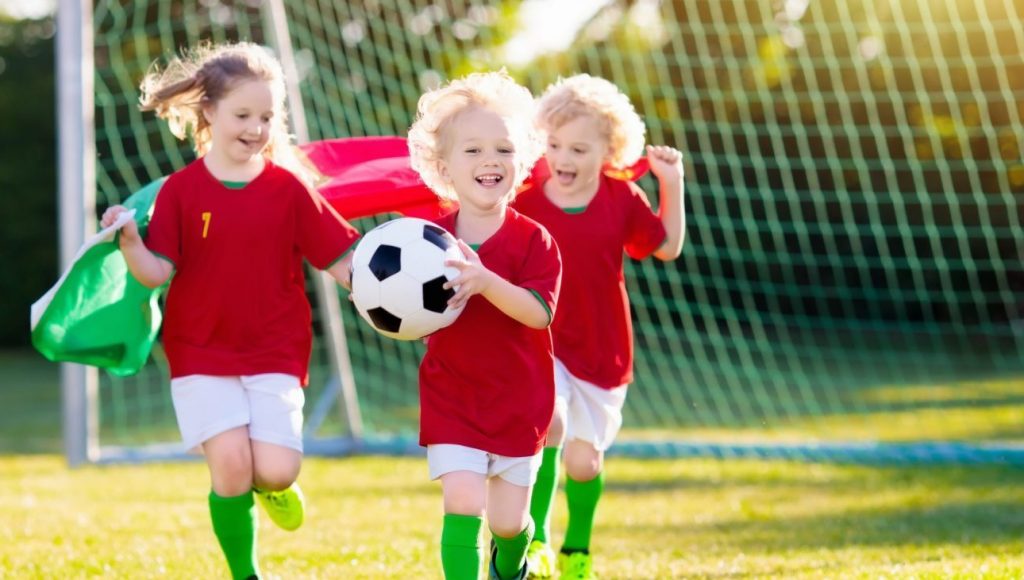Accessible communications and technologies in sport for people with disabilities
Accessibility is a human right. And it’s essential for 1 in 5 Canadians aged 15 or older, who live with at least 1 disability. This blog post explores why accessibility is important and suggests strategies for coaches and sport organizations to prioritize and improve accessibility, specifically involving technology and communications.
Promoting outdoor recreation for youth
Because natural environments have natural rules with real and immediate consequences, they offer youth maximal opportunities for mastery of new skills. Evidence demonstrates that outdoor recreation not only improves youth wellbeing but may also enhance the likelihood of participation in outdoor activities.
Parenting styles and practices: Promoting exemplary parenting in youth sport

Project summary Our research question was: How do exemplary youth sport parents support their daughters in competitive team sport? To answer this question, we interviewed 8 coaches and asked them to discuss the best parents they had ever worked with. These coaches then nominated 10 parents of female youth sport athletes, who they considered to…
Development and Evaluation of the Coaching for Life Skills Training Program for High School Coaches

Project summary The research project occurred in two sequential phases. In the phase one study, the purpose was to develop the Coaching for Life Skills training program and evaluate its pilot implementation. This first study was qualitative in nature and explored what coaches believed they experienced during their participation in the training program. Findings demonstrated…
Cultivating a mastery climate in youth sport
A mastery motivational climate is one in which the success of an athlete is determined by their own perception of skill development and satisfaction. An ego motivational climate emphasizes winning, with success being defined by who is the best. The benefits of a mastery as opposed to ego climate in youth sport include: decreased feelings…
Protecting young athletes’ mental health
Youth elite athletes are under-researched despite being faced with the challenges of puberty in addition to pressures to perform in high performance contexts. New research advocates that intervening early is critical to promoting mental health among youth elite athletes.
Why early childhood educators are key to developing children’s physical literacy

Early childhood is the foundational stage for developing physical literacy (motivation, confidence, physical competence, knowledge and understanding) needed to participate in sport and other physical activities throughout life (Whitehead, 2013). During early childhood, children are developing the foundational skills that can develop into sport and activity-specific skills (Barnett et coll., 2016; Robinson et coll., 2015)….
Starting young to protect elite athletes’ mental health
Youth elite athlete mental health is complex. Being young is a time of transition and can leave young people vulnerable to mental illness. Meanwhile, elite athletics often involves high pressure situations and intense training. These two experiences combined leaves youth elite athletes especially vulnerable. Researchers are calling for more attention to early mental health intervention.
Pre-Game safety huddles
Safety huddles bring together both teams before the start of a game for coaches to discuss the importance of speaking up if a concussion is suspected. A study with youth soccer teams found that safety huddles increased the likelihood of athletes reporting concussion symptoms. This may be a promising low-resource option to improve concussion safety…